It’s not the sentiment de jour, but has anyone considered that people smugglers might not be the root of all evil? Yes, they could probably seek out a more positive, state-sanctioned profession. Granted, their regard for operational health and safety is non-existent and puts people’s lives at risk. But the extent to which Australian politicians demonise people smugglers is disingenuous. They are an easy scapegoat for a government, and a region, which have done less than they ought to in easing the world’s refugee burden.
In a sense, people smugglers are simply filling a market failure. Around the world and particularly in our region, governments have manifestly failed to provide solutions for the millions of human beings seeking asylum. Instead, regimes have contributed to the demand end of the refugee market by persecuting and impoverishing more people, while other governments have done little to aid the supply of protection.
The Australian government can take some credit here: we expanded our resettlement intake from 6,000 to 20,000, and Kevin Rudd now wants to increase it to 27,000. But that’s still a drop in the ocean. There are close to a million asylum seekers identified by the UNHCR as requiring urgent resettlement, around 100,000 of them in Malaysia, and almost 50 million refugees worldwide. It’s not the patient or the orderly who are rescued, but the lucky.
So people get on boats, and who could blame them? They have no protection or security where they are, no ability to work or send their children to school, and only a faint and distant prospect of resettlement through a UN process. You’d be getting quotes from people smugglers, too.
Rudd calls them merchants of death, but they are also merchants of hope. They are selling the possibility of freedom, and although that price is high, I’m not sure those who pay it would consider it exploitation. The characterisation of evil people smugglers luring ignorant people on to boats is, to my mind, a bit far-fetched. Nobody steps on to a rickety boat at the mouth of the Indian Ocean expecting a cruise. These people are aware of the risks, and they are desperate enough to take them.
I’ve come to the view that it’s not our place to deter people from making this quite rational choice by jailing them, stripping them of their dignity and consigning them to the failed state of Papua New Guinea. Of course, governments attempt to deter people from making dangerous choices all the time. But we do it in a protective way rather than a punitive one. We don’t lock up gamblers and alcoholics unless they start endangering others. The principle of selectively punishing some people purely as a warning to others breaches the rule of law. It also breaches, quite clearly, our obligations under the Refugee Convention.
The government says the PNG plan is not intended to be a penalty or punishment, which surely must rank second only to the children overboard scandal in disingenuousness on this issue. If it wanted to deter people ethically, it would take the millions it has spent advertising its new policy in Australia and use it to educate asylum seekers in Malaysia about the very real dangers of getting on a boat. Instead of blindsiding Indonesia, it would work with Susilo Bambang Yudhoyono to help ward refugees away from people smugglers. It would increase the humanitarian intake to something proper, like 50,000 increasing at the rate of 5,000 a year.
Even then, the boats will still come. People will not wait around in camps forever, and they will not tolerate the homelessness they are kept in by our neighbours to the north. And it is these people — who yearn to escape that limbo, contribute to a society, earn an honest living, give their kids an education and have a life that matters — who we should especially welcome.
The left has done itself a huge disservice by portraying refugees primarily as desperate and needy, rather than sacrificial and strong. The gutter-dwellers who opine about refugees mulching off Australia’s generosity are gifted ammunition each time somebody like Sarah Hanson-Young or Louise Adler addresses the debate in these terms. Bob Carr doesn’t get it either. Who cares if some of them are ‘economic migrants’. They want a better life? Who doesn’t? If they think the paltry Newstart allowance is a ticket to the good life, they’ll be in for quite a shock. They’re not looking to be handed a better deal; they’re looking to build one.
No political party has the ability, courage or desire to convince the Australian people of that reality. We have spun ourselves almost into an alternate universe, which is how we are now seen internationally. You can assign a small slice of blame to the media, which reports every boat arrival as though it’s the First Fleet. But you can mostly blame our politicians for having no considered, principled basis for their positions other than Newspoll.
A former staffer tried to educate me on the realities of Australian politics the other day. I was too lofty, he said — too attached to what the electorate might be convinced of rather than pandering to what it already believed. ‘Once you’re in Canberra, you realise it’s all about just winning the day,’ he said.
The saddest part was that he didn’t seem to consider that a problem. He had drunk the Kool-Aid, the kind of mendacious potion which makes you forget you chose to drink the Kool-Aid to begin with. And that’s what we do with asylum seekers. We accept the narrative of evil people smugglers luring pathetic victims on to boats, but we lose sight of the element of choice. We talk a lot about how to break the people smugglers’ business model, but we ignore our role in creating the business model through systemic failure. We emphasise the desperation of refugees fleeing persecution and statelessness, but we forget to consider their strength and determination to build a better life. Our loss.
Got something to add? Join the discussion and comment below.
Get 10 issues for just $10
Subscribe to The Spectator Australia today for the next 10 magazine issues, plus full online access, for just $10.
You might disagree with half of it, but you’ll enjoy reading all of it. Try your first month for free, then just $2 a week for the remainder of your first year.

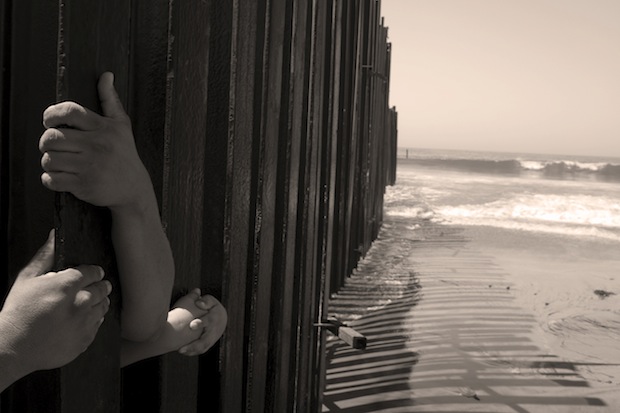
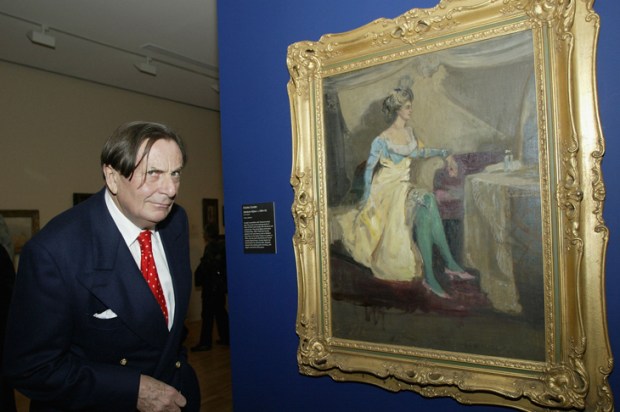


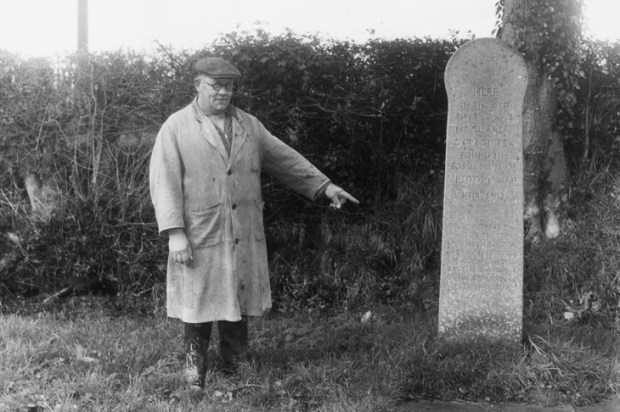
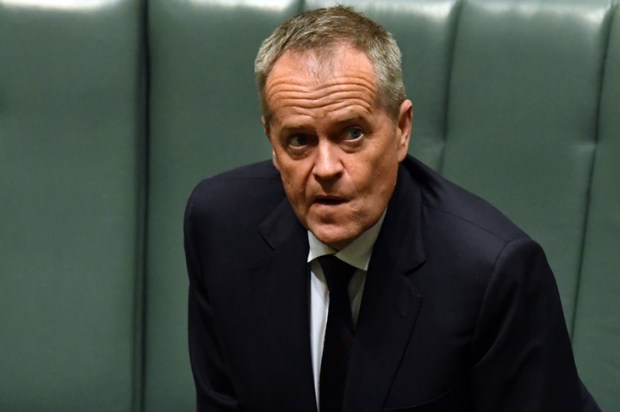
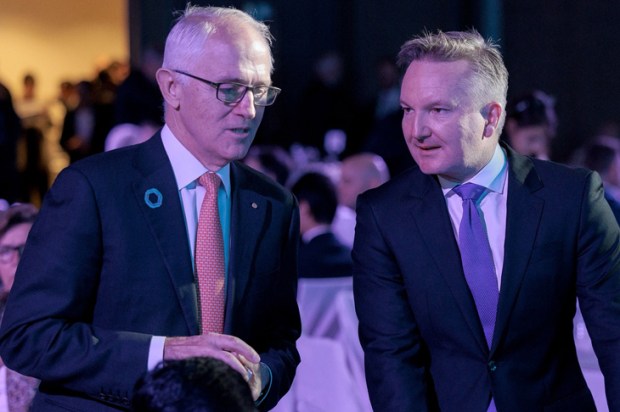






Comments
Don't miss out
Join the conversation with other Spectator Australia readers. Subscribe to leave a comment.
SUBSCRIBEAlready a subscriber? Log in